Sunday Morning at Aldeburgh
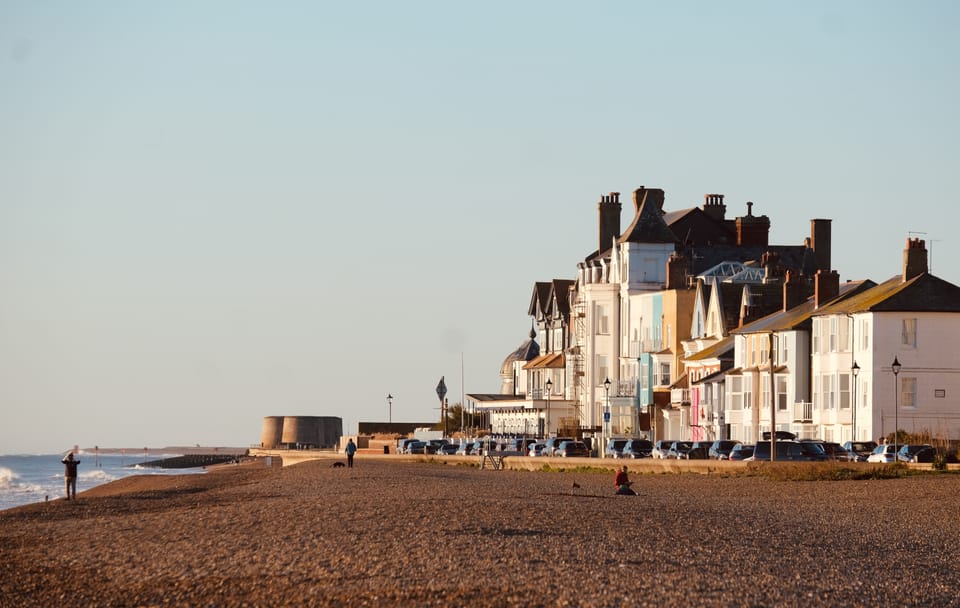
It is Sunday morning in Aldeburgh on the Suffolk coast. A clear sunny morning, cold, mid-Autumn. People are out on the beach. The beach is stony, and the sea crashes in and drags out again with a pleasing deep shuffling and endless sorting and revolving of pebbles.
We have had coffee and breakfast, and here we are, on the beach. No church for us. Sunday morning.
Sunday Morning
Aldeburgh is Benjamin Britten's town. He livid on the beach front between 1947 and 1957, and then up at what is called the Red House from 1957 till his death. He lived with the tenor Peter Pears, his partner, and Pears would have been still alive, up at the Red House, when I first came here in about 1984, with my family. End of life Pears and early life me, grazing up against one another.
But in truth I remember very little from that first trip to Aldeburgh, except that we went to a pub, or possibly a cafe; it was cold and windy, and there was nothing much to do.
...
Aldeburgh now is a destination for middle-class weekenders up from London or Ipswich or Cambridge, wanting a little coast life: a pint, some fish and chips, and a walk on the beach. Everything is very nice. The pubs are nice, the restaurants and hotels are nice. There are nice teashops and a nice bookshop. There are a couple of quite nice fish-and-chip shops. We have, in consequence, a very nice time.
The pub we drink in on the Saturday evening is especially nice. The Cross Keys. There is a big open fire, very fresh Adnams (brewed just a few miles up the coast in Southwold, on the other side of the nuclear power station), and a convivial mixed crowd of weekend folk finding a perch. We sit next to the open fire on the other side of a table from a retired couple with a small dog. We are penned in by happy-seeming groups, all having a nice pint or two before dinner.
...
Which is not to say that Aldeburgh is not also a little odd. It has, for an old fishing village, a newly-minted feel. Near my house in Cambridge there is a little toy-town of a housing development with pleasantly varied new-build houses and flats, and carefully laid-out open spaces and a piazza with an Italian cafe and places for the kids to play. People are still now just moving in. In time, the place will settle to an actual social system, a community; but for now it is box fresh, surreal, and while the people move about very much like people in an actual town, it is not an actual town. The people move around in it from muscle-memory. This is how you act in a town.
The town and its streets were named by consultancies, on a whim. They have called it Marleigh. No one ever grew up in Marleigh. No one has yet left. Returned. Probably, no one has yet died here. There are no Marleigh ghosts.

Aldeburgh is this town's mirror image. Many people have been born and have died in Aldeburgh; the ground is thick with bones and the air is thick with ghosts; but now people mostly come for the weekend, for fish-and-chips and a pint of Adnams. Everyone is on a holiday from themselves, from their more settled life, which takes place elsewhere, in real, knotty places.
But it would not take much, you muse, sitting here in the glow of a fire and a pint, for this all to suddenly tip into a settled state; suddenly, we might all just decide not to move on, go back; we might decide to stay, just for one more pint, for another fish-and-chip supper, for another walk on the beach; and so forget where we were supposed to be returning to.
Unthinkable perhaps, but for all that, not so strange. We are always on the brink of remaining, just as we are always, whether we know it or not, on the brink of moving on. Our inheritance is not the city or the stone house, but the camp, and the walk between camps.
I have written elsewhere of the archaeological site known as Ohalo II on the shores of the Sea of Galilee. Long before the human race settled to agriculture and stone houses, when it was still just groups of wandering, mobile people moving between known camps and hunting grounds, a small group of humans stopped for a couple of generations on the shores of the lake, and took advantage of the plenitude of animals and fish and migratory birds and edible plants they found there. They built semi-permanent shelters, and buried their dead nearby. And then one year fire came to the village, and the site was soon after flooded by a rise in the level of the lake, and the people simply packed up their stuff and rejoined the wandering tribes.
The two systems of living – sedentary, rooted; and mobile, light-touch – lie much closer to one another in conceptual space than we imagine. It took a lucky confluence of elements to break the mobile patterns of seasonal movement of the people who settled at Ohalo II, for them to stop in place. In fractionally different circumstances, they could have just picked up their bundles at the end of the season and moved on. Something prompted them to stay, however; and then pretty soon they were off again anyway. For some reason. Perhaps they didn't know themselves.
...
The subterranean miner that works in us all, how can one tell whither leads his shaft by the ever shifting, muffled sound of his pick?
Hermann Melville, Moby Dick
...
My parents retired to a small new housing development between Norwich and Bungay, not very far from the Norfolk/Suffolk coast, and not unlike Marleigh. In the early days of their retirement, before my father lost his eyesight, they used to drive out to the coast hereabouts – a bit further north, perhaps, to Southwold – and have a nice pint of Adnams and a walk along the seafront.
On one occasion they got talking to a man who pointed to a woman in late middle age who was standing staring out at the cold grey waves, and he told them she was Polish, a recent immigrant, and this was the first time she had ever seen the sea.
Deep change is always closer than we think. Community is always on the brink of breaking up, and becoming.
Here at Aldeburgh sooner or later the seas will rise and sweep all away. The beach – so long, straight, agreeable – is always in movement, just a pile of stones. Stand here long enough, and strangeness will surround you.
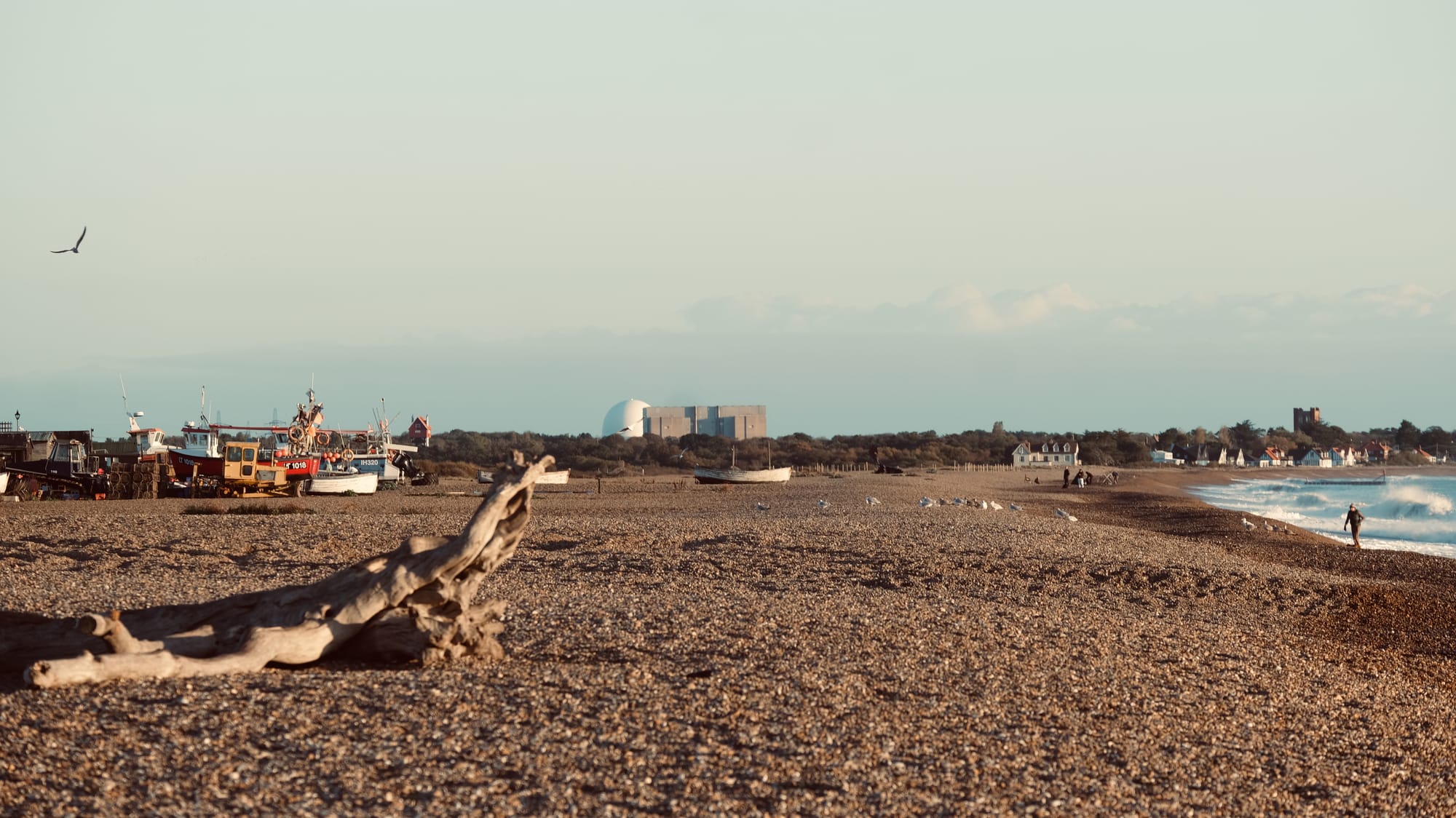
...
In Gilgamesh, our hero, in an access of fear prompted by the death of his boon-companion, Enkidu, visits Utanapishim, the old Noah-figure who survived the deluge and was granted eternal life by the gods, beyond the world ocean. He tells his story to Gilgamesh, who is about to depart in despair (Utanapishim’s way to immortality being unrepeatable), when Utanapishtim’s wife takes pity and prompts her husband to tell Gilgamesh of a plant which, eaten, bestows a power of rejuvenation which looks a lot like eternal life. Gilgamesh retrieves the plant (diving down to the bed of the world ocean) and is returning to Uruk, when he sets the plant down for a moment and it is eaten by a snake, which promptly shucks off its skin and slides away, gleaming and new. Gilgamesh returns to Uruk, to see out his life.
What we experience as instability is often merely transformation; what we experience a holiday from ourselves, from our real lives, might – you never quite know – be an inkling of a new glistening self; perhaps as we sit here with our fresh pints we have already sloughed off a skin and started to glide, glistening, through the strange and virgin forest.
But no. Not this time. We down our pint and are on our way, crunching back along the beach as the sun sets.
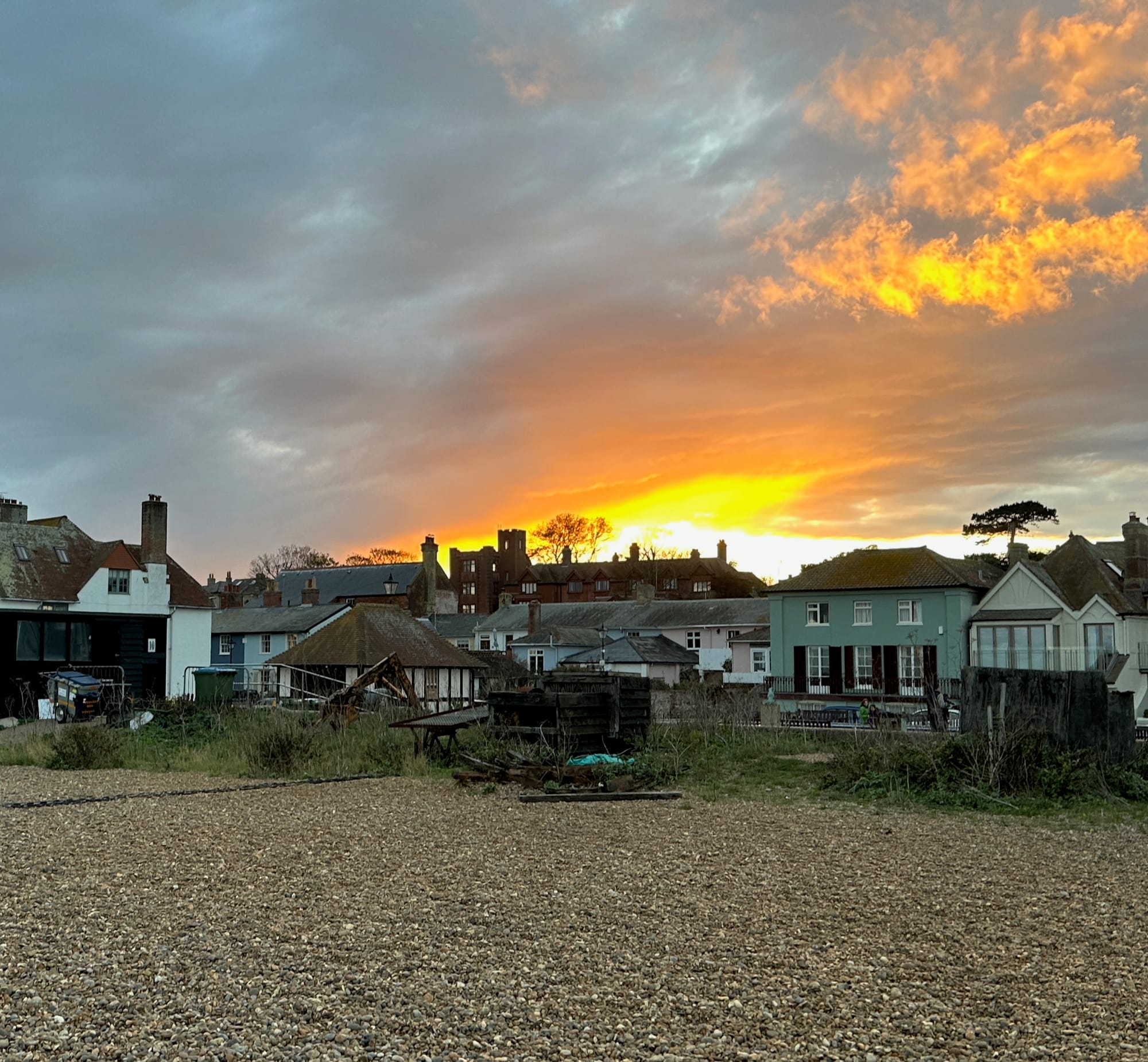
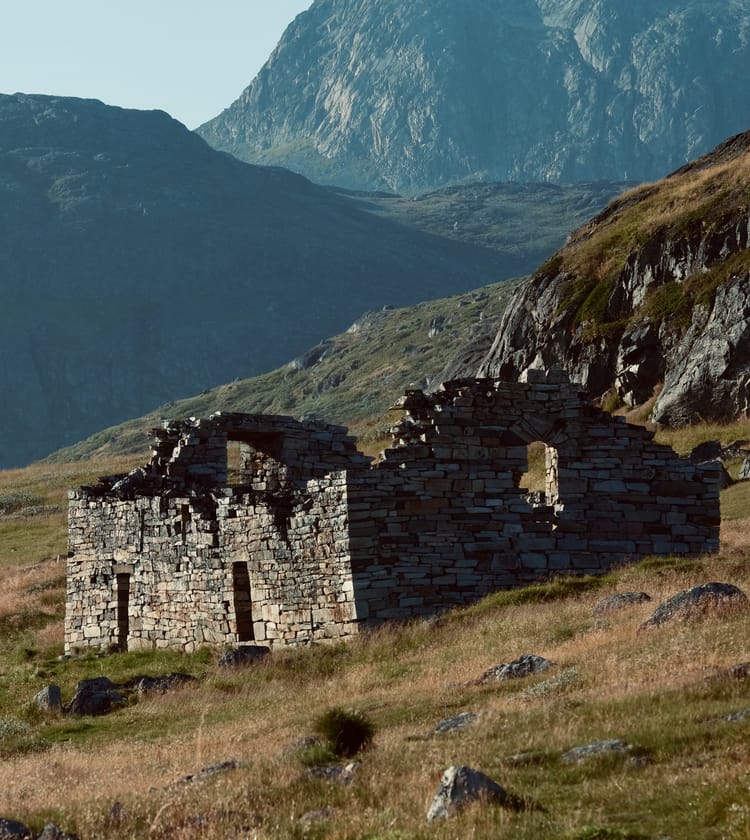
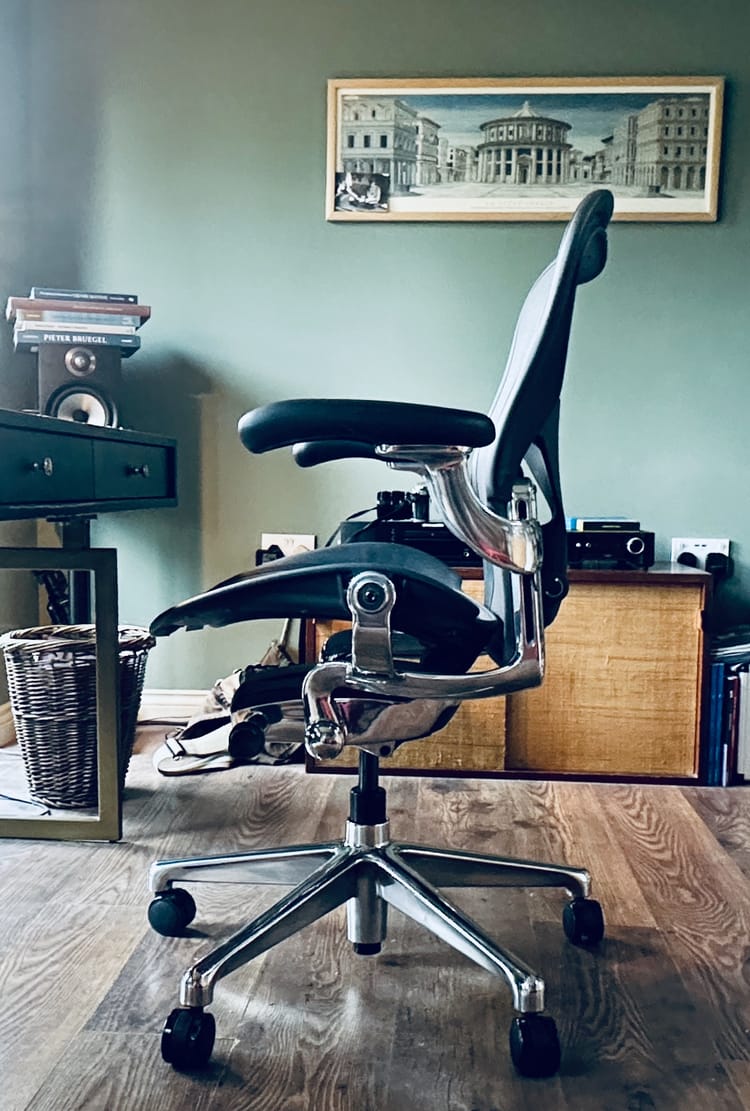

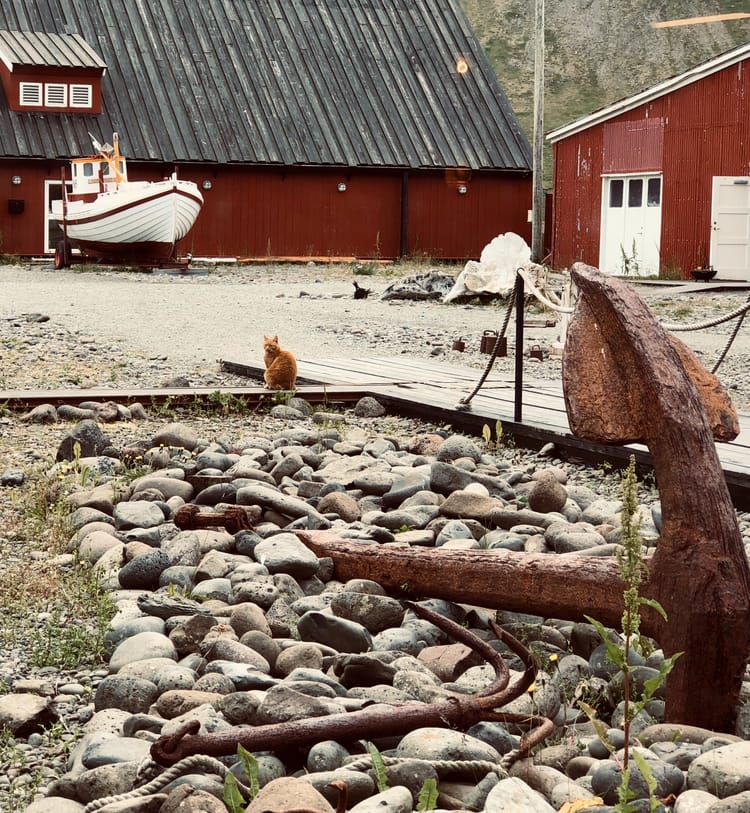
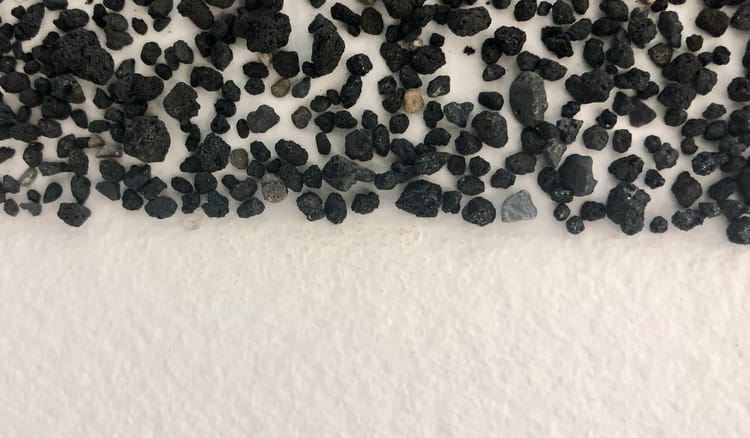
Member discussion